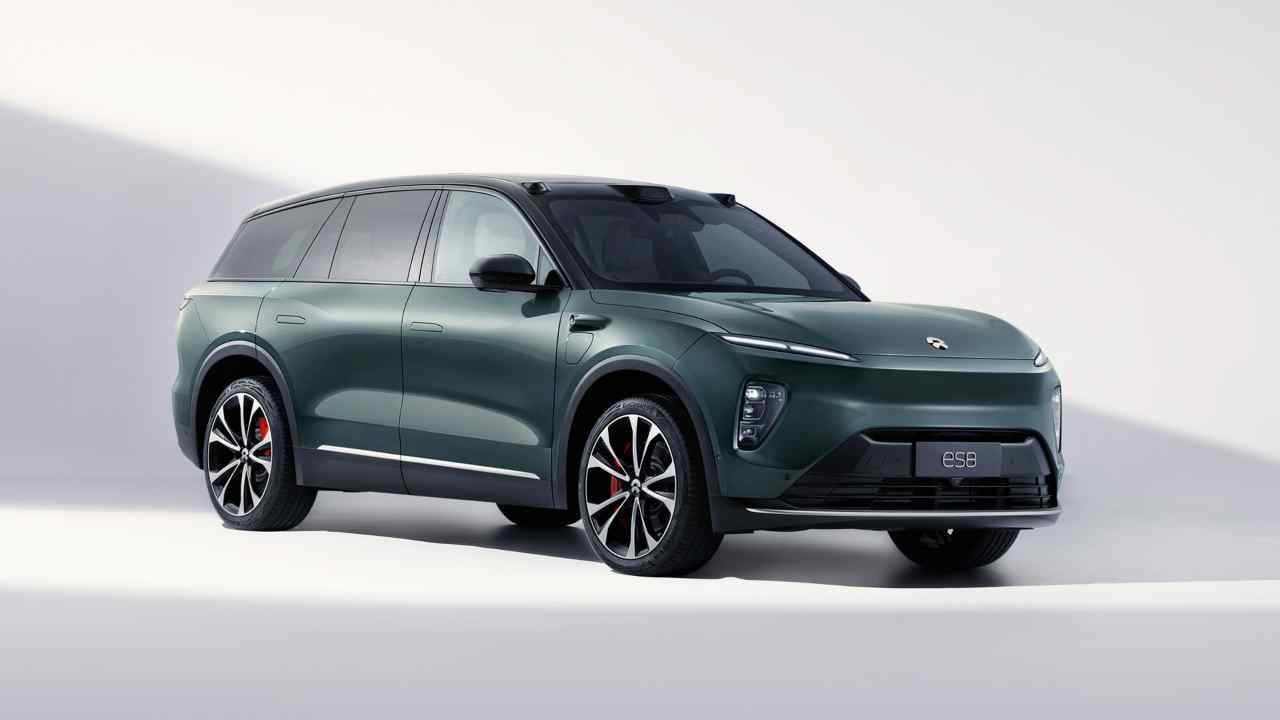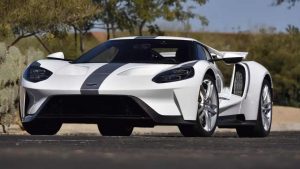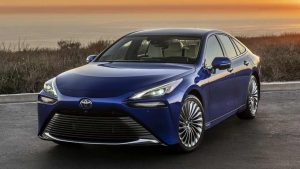Biden Administration Weighs Tariff Hike on Chinese EVs Beyond 25% Amidst Trade Tensions

Potential Impact on Affordable EV Access in the U.S. Raises Concerns and Political Ramifications
The Biden administration is contemplating an escalation in tariffs on Chinese electric vehicles (EVs) exceeding the existing 25%, as reported by The Wall Street Journal on Thursday. Despite maintaining previous tariffs on approximately $300 billion worth of Chinese goods from the Trump era, the administration is now exploring the imposition of additional tariffs, sources familiar with the matter revealed anonymously.
Chinese EVs currently face a 25% tariff, compounded by a 2.5% tariff on imported cars, a measure that has significantly impeded subsidized Chinese automakers from establishing a significant presence in the U.S. market, according to The Wall Street Journal. The potential tariff increase extends beyond EVs, encompassing Chinese solar products and EV battery packs. This development follows restrictions on tax-credit eligibility for EVs with Chinese battery components, with the new “foreign entity of concern” requirements from January 1 excluding a growing number of EVs from tax credits due to Chinese content.
While heightened trade restrictions could bolster President Biden’s tough stance on China in an election year, there are concerns that such high tariffs might hinder the entry of affordable Chinese EVs into the U.S. market. This could potentially slow down the adoption of EVs, contradicting another policy goal of the Biden administration.
In contrast to the challenges in the U.S., Chinese electric vehicles have gained substantial market share in Europe, where governments have only recently implemented stricter restrictions on incentives for China-made models. The situation is similar in Mexico, where the Chinese automaker BYD has introduced the Seal, a strong competitor to the Tesla Model 3. However, it is the prospect of more affordable Chinese EV models that seems to be causing unease within the Biden administration.
Despite the potential hurdles, some Chinese automakers have found ways to navigate the evolving landscape. Polestar, for instance, continues to thrive with its “made-in-China” Polestar 2 in the U.S., albeit being a more upscale vehicle. Moreover, Polestar has devised strategies such as South Korea assembly for the upcoming Polestar 4 and U.S. production for the Polestar 3 to circumvent tax-credit restrictions, showcasing adaptability in the face of evolving trade dynamics.





